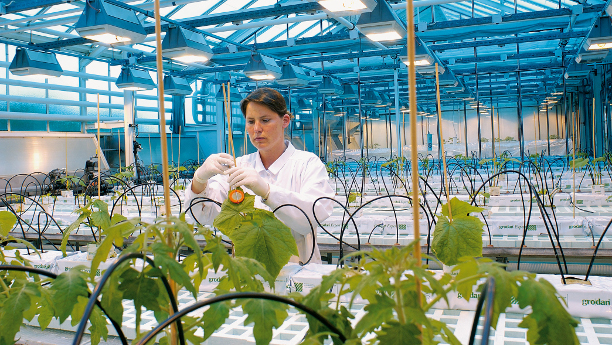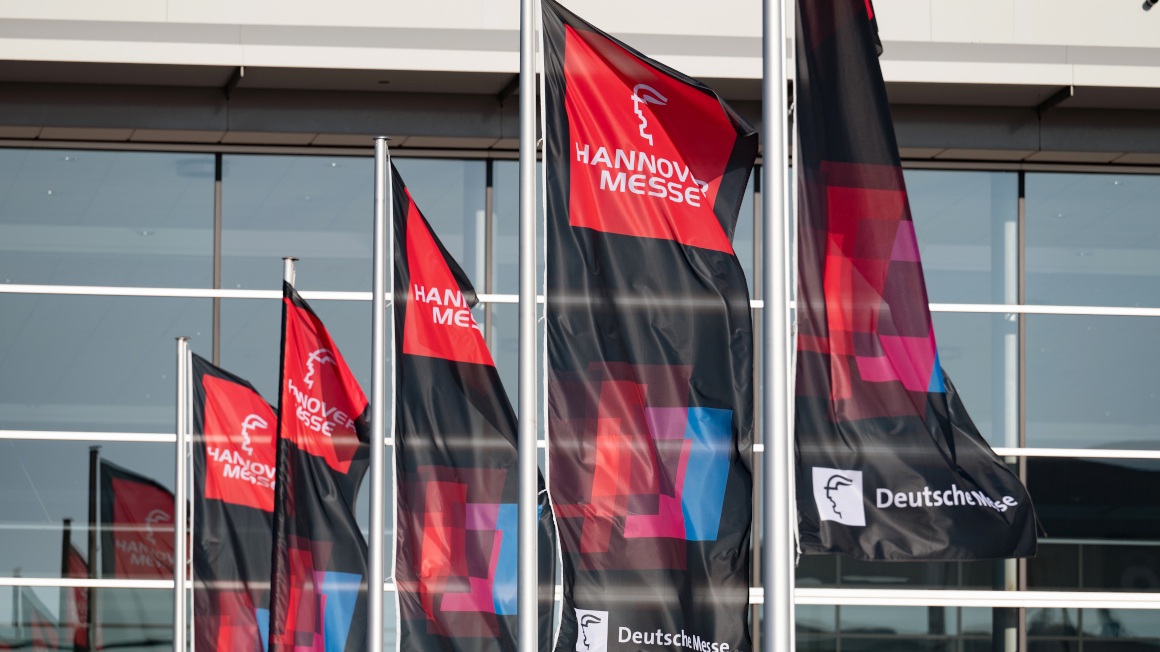Monsanto trumps Bayer as BASF joins takeover game
It could be one of the largest acquisitions in the chemical industry. Yet the planned Bayer billion dollar takeover of Monsanto is faltering.

After the Leverkusen-based pharma giant increased its offer by two billion to $64 billion (€58 billion) in July, the US seed giant has now brought a new player into the race. As Bloomberg reported, Monsanto is negotiating with the Ludwigshafen chemical company BASF on a merger of the agrochemical divisions. Market experts however view the negotiation as a "poison pill" for Bayer in an attempt to make the purchase unattractive.
The news in May of Bayer’s planned takeover of Monsanto came as a surprise. After just a few weeks in office, the new boss of the Leverkusen-based drugs and life sciences giant, Werner Baumann, submitted a bid of over $62 million (€55 million) to buy the US seed giant. The offer of $122 per share was way over the share value of $107. Monsanto initially rejected the multi-billion dollar offer from Bayer, but appeared ready to talk. Shortly after, the US-company announced that the price was too low. Monsanto wants $7 billion more.
But Bayer is holding onto its takeover bid firmly. Crop science is one of of Bayer’s core businesses. In 2015, it had sales of €10.4m and the unit is recording a steady growth.
The takeover would make Bayer the world’s largest agricultural and chemical company. If the merger went ahead, the seeds and traits platforms, crop protection, biologics and digital farming will be unified, according to Bayer.
Monsanto’s bad reputation
Baumann's plans initially caused fear rather than enthusiasm among Bayer’s shareholders. Despite its economic success, Monsanto’s reputation is bad. The seed producer has long been criticised because of its controversial pesticide glyphosate. New discussions on the herbicide were fuelled further when the World Health Organisation classified the agent as “probably carcinogenic”. This in turn led to controversy over the extension of glyphosate approval in Europe. It was eventually extended initially for just 18 months.
BASF enters the takeover game
Another player has now entered the game – the Ludwigshafen-based chemical company BASF. As Bloomberg reports, Monsanto is said to have begun discussions with the German company about a possible merger of the two agricultural and chemical divisions. The deal with BASF could save Monsanto from Bayer’s attack. BASF and Monsanto have cooperated since 2007 in the development of biotechnologically modified crops. Analysts Kepler view the agribusiness between Monsanto and BASF as a logical combination because there are no overlaps between the two, and together they could offer customers a wider product range. The agricultural division of BASF (Agricultural Solutions) is the smallest unit, but has an above-average profitability. Last year, the division contributed eight percent of total revenues and 11.5 percent of BASF’S EBITDA profits. DZ Bank appraised the value to €17 billion – without a possible takeover premium.
Analysts say merger of BASF and Monsanto unlikely
According to Bloomberg, the talks between BASF and Monsanto are still at an early stage, and finance could prove to be a crucial point. Monsanto is apparently offering its own shares – which in turn are unattractive for BASF, as the shares’ market value has been inflated by the takeover bid. Analysts say a deal is therefore unlikely. In fact the step is more likely to be a seen as a poison pill for Bayer. Yet, this strategy does not appear successful. Bayer says it still firmly intends to complete the transaction. Analysts however, believe that the Leverkusen-based company will need to increase their offer – up to $130 or even $140 per share.


